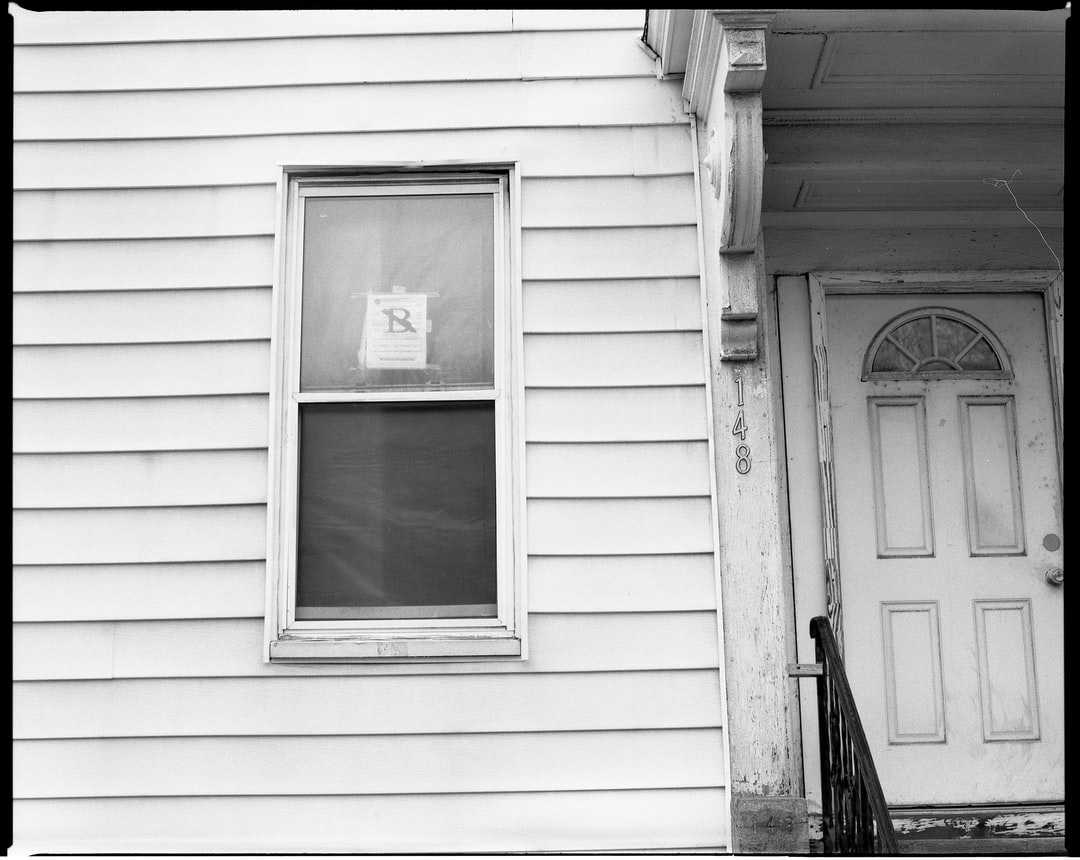According to Princeton University, landlords file 3.7 million eviction cases in an average year. The pandemic brought some respite, but the PA Supreme Court closed the eviction protection moratorium in May 2020.
Clearly, neither the tenant nor the landlord ever wants things to get to this stage. But if you're left with no option but to evict a tenant, you need to strictly follow Pennsylvania eviction laws.
What steps do you need to follow? What are some pitfalls to avoid? Is there a simpler way?
We'll answer all these questions and more in our brief guide to Pennsylvania evictions.
Pennsylvania Eviction Process
Pennsylvania counties each have their own slightly different rules. They protect against eviction for unfair reasons.
For example, the law prohibits discrimination on any grounds, including religion, national origin, or disability.
These laws also allow landlords to take possession of their property when they have grounds to do so.
The basic process is:
- Provide written notice to the tenant
- Complete eviction forms
- Serve the documents
- Trial
- Await judgment
Evictions do not have to be handled through the courts. If there is a good relationship between landlord and tenant, it should be possible to evict tenants with minimal stress for both parties.
It's a good idea to talk to an attorney or property management expert who is familiar with the law in your county before proceeding.
Reasons for Eviction
In your written notice to the tenant, you must stipulate the reason for eviction. You must also set out the length of time they have to vacate the property.
Non-Payment of Rent
The lease will indicate the date on which rent is due each month. If the day falls on a holiday or weekend, the lease may or may not allow for it to be paid on the next working day. In Pennsylvania, you can start proceedings to evict a tenant if the rent is a day past due.
The landlord can issue a 10-Day Notice to Quit. The tenant has ten days to quit the property or settle the unpaid rent. If the tenant does neither, the landlord can file an eviction action.
Violating the Lease
The lease is a crucial document that protects both the landlord and the tenant. But if the tenant violates the terms of the lease, they can be served with a notice to quit:
- 15-day notice for at-will tenants, or tenants who have lived there for less than one year
- 30-day notice for tenants who have lived there for more than one year
If the tenant does not leave, the landlord will have to pursue the eviction through the court system.
Other reasons for eviction include conducting illegal activity in the rental and not renewing their lease at the end of the term.
Let Pennsylvania Eviction Pros Manage the Process
Every landlord wants to stay on the right side of Pennsylvania eviction law, but it can be complicated. Tenant eviction is best handled by professionals who know the rules and have experience in getting them right.
At Home River Group Pittsburgh, our seasoned property managers can help you with every step. Our property management service can take care of everything from marketing to eviction if needed.
Call us at (412) 754-7865 or contact us online today to find out how we can help.











